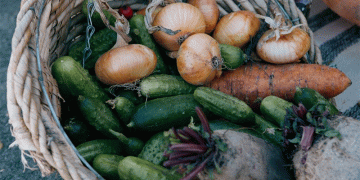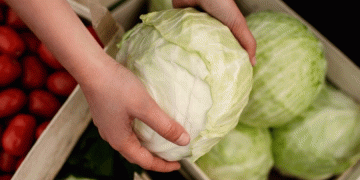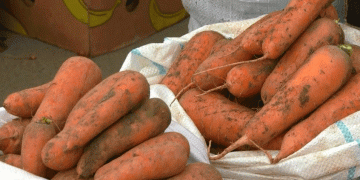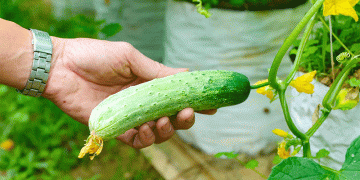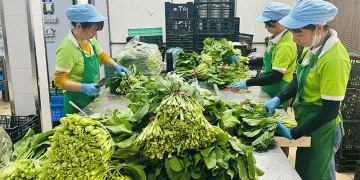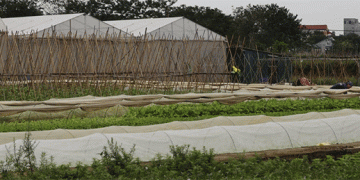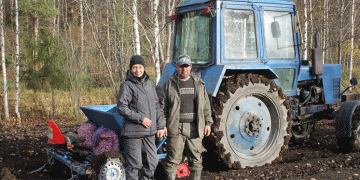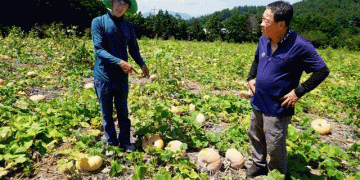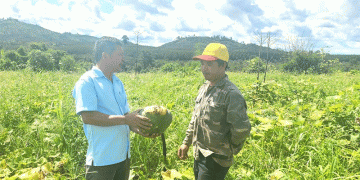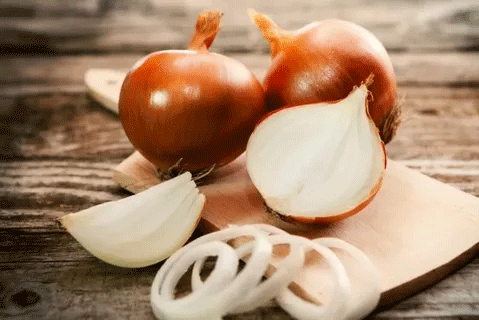On May 27, 2025, the government of Belarus announced the immediate removal of restrictions on the import of several staple agricultural products from “unfriendly” nations, a list that includes the European Union. The specifically enumerated commodities are potatoes, onions, white cabbage, and apples. The official government statement positioned this decision as a direct “response to the latest sanctions from the EU,” citing the European Parliament’s approval of increased customs duties on Belarusian agricultural products just days earlier, on May 22.
This policy U-turn suggests that previous restrictions, likely implemented as part of a broader strategy of import substitution, may have failed to achieve complete self-sufficiency for these specific items. Opening the market to EU producers indicates a calculated decision to prioritize market supply and price stability for these staples. The selection of goods is telling; potatoes, onions, and cabbage are foundational to the Belarusian diet, and any shortage or significant price inflation would have direct social and political consequences.
The situation reflects a broader trend of agricultural trade being used as a tool in geopolitical disputes. Similar patterns have been observed globally, where export bans and import restrictions create volatility and force rapid adjustments in supply chains. For EU producers, this creates a sudden, though likely temporary, market opportunity. However, it also introduces risk, as the policy is explicitly tied to an ongoing political conflict and could be reversed again. The move highlights the vulnerability of agricultural sectors to sudden policy shifts and the constant challenge of balancing national food security with the realities of global and regional trade.
Belarus’s decision to allow imports of key vegetables and fruit from the EU is less about embracing free trade and more a pragmatic admission of domestic production limitations under the pressure of sanctions. It underscores that achieving full agricultural self-sufficiency is a complex, long-term goal that can be disrupted by short-term political and economic realities. For farmers and policymakers, this serves as a reminder that in an era of geopolitical tension, trade flows for essential foodstuffs can change overnight, demanding resilience and flexibility from all sides of the supply chain.















